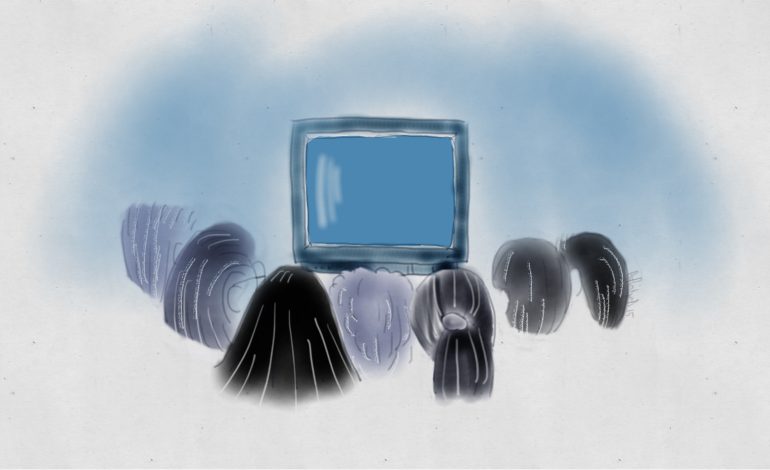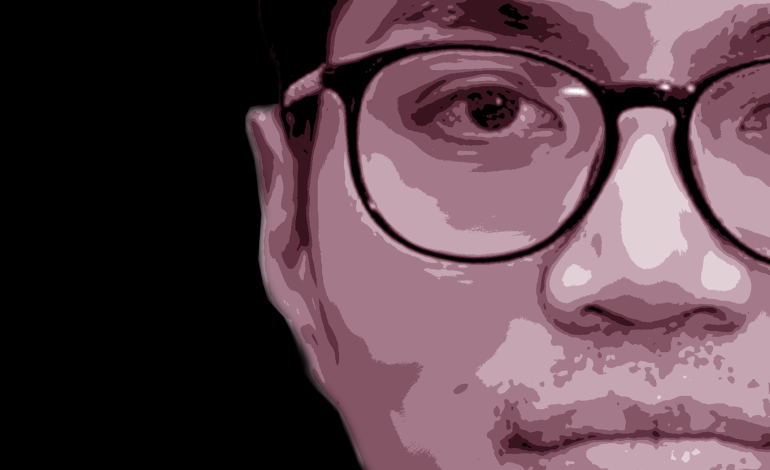Dear Film and TV Producers: My Sexual Assault Is Not Your Plot-Advancing Device

“It makes me so angry,” my friend said, “The only reason why that whole plot existed was to amp up the drama. And then they had the gall to make it all about Bates. It’s as if Anna was raped just to advance the plot, so they could have a murder mystery going and send Bates to jail again. It’s infuriating. My sexual assault is not your plot-advancing device!”
This was a few years ago. My friend and I were discussing the unfortunate plot of Anna’s rape towards the end of Downton Abbey season 4. We both thought it was a horrible plot, but she took it more personally.
You see, my friend is a sexual assault survivor. I call her a survivor. She didn’t see it that way though. She has never felt like one. Whoever she was before died that day when she was raped, she said. She did not survive her assault. Who she is now is a completely different woman, rebuilt from the ruins of that clueless girl.
Also Read: Hypocrisy and Blurring Women’s Bodies on TV
For someone who loves TV and pop culture in general, I have to admit that in the last decade or so, television and films have been featuring sexual assault a lot more than ever before. Maybe it’s because television and films have gotten darker. We do not want sanitized, saccharine, wholesome entertainment anymore. We want gritty, pensive dramas that remind us of the grim realities of life. For the most part, I have no problem with it. I don’t mind violence on screen, no matter how senseless. But when it comes to sexual assault, every time it’s written into the story of a TV series or film, I can’t help but ask:
Is it necessary?
Some TV series can answer this with a clear and resounding yes. The most recent and most obvious example being Netflix’s miniseries Unbelievable, which centers upon a young woman who was accused of lying about her sexual assault, until a few years later when it was discovered through a different investigation that she was telling the truth.
That story is necessary to tell. After the #MeToo movement, anything that reinforces the importance of believing victims is a good thing. The fact that it is inspired by a true story makes it all the more important to be told.
Besides being gratuitous with rape and violence, GoT has always failed to answer the “is it necessary” question.
But even in works of pure fiction, a storyline involving sexual assault can be necessary if you tell it with purpose. In Outlander, Jamie’s rape became an examination on trauma, manhood, and how to move forward when the worst thing that could happen to you actually happen.
In The Americans, Elizabeth’s rape served not just as a backstory for much of what happened in season 1 but, most important, it gave us a full picture of who Elizabeth is and why she is the way she is whilst shedding light on how rape and violence forever change a person’s worldview.
And then there’s Orange is The New Black, the series that basically sets the standard on how to write a sexual assault story. It doesn’t just show us how horrific it is, but how it profoundly affects the survivor. In one scene, Pennsatucky, who has been repeatedly raped by her CO, tells her friend Big Boo that she can’t have her revenge, because she’s not in rage. She is just sad. She is no longer the woman she was before it happened, seemingly echoing that friend of mine even though I doubt the writers of Orange is The New Black has ever met her.
Also Read: We Need to Talk About the Toxic Culture of Sinetron
Sadly, a lot of other TV series and a lot of films have failed to do what these series have done. One of the obvious ones being Game of Thrones, a series that despite its massive popularity, is severely tone-deaf when it comes to writing its female characters. Besides being gratuitous with rape and violence, GoT has always failed to answer the “is it necessary” question. There are many, many rape and assault scenes in the series throughout its eight seasons, and not one of those is actually necessary or serves any other purpose than to show us that life was hard and unfair for women in Westeros.
Perhaps the most insulting one was when Sansa was raped by her psychopath of a husband Ramsay Bolton in season 5. Just as Downton Abbey made Anna’s rape all about how it affected her husband, GoT actually focused the scene on Theon Greyjoy, who had to watch as Sansa was assaulted and abused. Yes, because what’s important here is not that a woman is brutally raped and abused, it’s how the men in her life feel about it. No, women will just have to settle with the satisfaction of getting revenge later on, even though I somehow doubt a bloody revenge will be able to heal the deep emotional scars and trauma from sexual assault. As my friend said once about avenging her rapist, “What good would that do? It won’t undo what has been done.”
When our entertainment, the TV series or films we watch, irresponsibly use sexual assault for dramatic effect and plot device, we are saying that we are okay with this statistic and we’re not going to do anything to change it.
Game of Thrones and Downton Abbey are just two examples. There are many more series and films that gratuitously use rape as a plot device without any real message or purpose, other than for shock and awe. The Selena Gomez-produced Netflix teen show Thirteen Reasons Why left a bad taste in my mouth in its second season finale when it had one of the characters being brutally sodomized with a broken mop handle.
The show has always used rape as its central theme and for the most part in season 1, you could (almost) justify it but in season 2 it was just unnecessary, no matter what the creator said in its defense. When Mellie was raped by Fitz’ dad in season 3 of Shonda Rhimes’ show Scandal, I cried foul mostly because it was lazy writing to use rape as a way to make a difficult character more sympathetic to viewers, especially since they pretty much spent very little time on how the rape affected Mellie.
One in six women experiences sexual assault in their lifetime. I don’t have the statistics for men (although I suspect it would be lower?) or transgender (possibly higher). This is the world we live in. This is our reality. And when our entertainment, the TV series or films we watch, irresponsibly use sexual assault for dramatic effect and plot device, we are saying that we are okay with this statistic and we’re not going to do anything to change it.
I am not okay with that. I am not against rape or assault being depicted on TV or films. I just want to make sure that when it does, the writers do so responsibly, because they have something to say and they write it with the survivors in mind. They write it to tell the story of my friend, and of countless other women (and men) who have had to endure hell in the hands of evildoers, to give them a voice and to tell the world that this is not okay. We are not okay with this and we won’t let this keep happening.
Because my friend does have a point: her sexual assault is not a plot-advancing device. And we should stop making it that way.






















